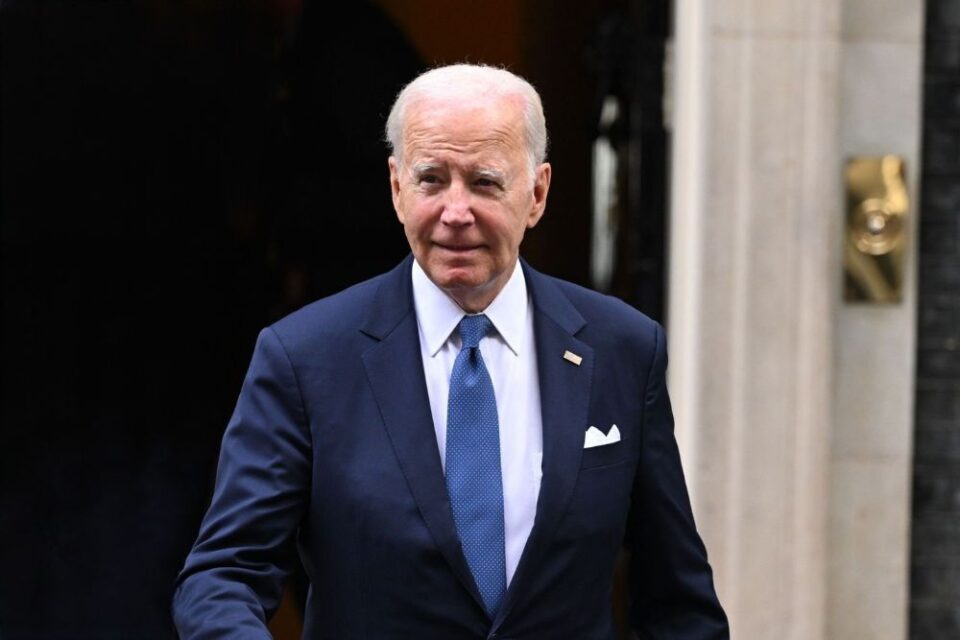Hayden Adams, the founding father of the decentralized cryptocurrency change Uniswap, has publicly criticized President Joe Biden’s method to cryptocurrency regulation.
In a latest put up on X, Adams expressed concern that the present administration is underestimating the political relevance of cryptocurrencies within the upcoming 2024 election. He warned that this oversight might be detrimental to the Democratic Social gathering, much like strategic errors in previous election campaigns.
Hillary campaigning in crimson states states as a substitute of swing states stage miscalculation from Biden camp considering crypto can be irrelevant in 2024 election and letting SEC + Warren wage complete struggle – each when it comes to voters and cash
Republicans odor blood within the water and are…
— hayden.eth 🦄 (@haydenzadams) May 13, 2024
Adams urged fast adjustments in how the Biden administration handles cryptocurrency insurance policies. He means that senior Democrats and the president’s advisors acknowledge the urgency of the state of affairs and advocate for a revised technique that’s extra favorable to the crypto trade.
Republicans Leverage Crypto in Election Campaigns
The Republican Social gathering, sensing a possibility, is more and more aligning itself with pro-crypto stances. Former President Donald Trump has been vocal in his help for much less restrictive crypto rules. Trump’s marketing campaign group has reportedly been getting ready a “complete government order” on cryptocurrencies as a part of his presidential marketing campaign technique, aiming to attraction to crypto-savvy voters.
This pivot by Republicans in the direction of cryptocurrencies contrasts sharply with the Biden administration’s stance. The administration, supported by figures like Senator Elizabeth Warren and the U.S. Securities and Trade Fee (SEC), maintains a agency regulatory method. The SEC has been significantly stringent, treating most cryptocurrencies as securities, which imposes regulatory burdens on the trade.
Regulatory Challenges and Political Responses
The controversy over cryptocurrency regulation isn’t just a technical difficulty however has turn out to be a political subject because the 2024 presidential election approaches. The Biden administration’s cautious method is rooted in considerations over shopper safety, as highlighted by Biden’s intention to veto a Home decision that sought to chill out rules.
Furthermore, this decision was a response to what the administration perceives as “demonstrated technological, authorized, and regulatory dangers” related to cryptocurrencies, which have reportedly led to “substantial losses to shoppers.”
In distinction, distinguished voices within the crypto and enterprise communities argue for a extra balanced regulatory framework that fosters innovation whereas defending shoppers. Figures like Mark Cuban have emphasised the necessity for clear rules to deal with the present uncertainties going through the crypto trade. These differing views underline the broader debate on tips on how to combine new monetary applied sciences like cryptocurrencies into the regulated monetary system whereas guaranteeing they don’t pose undue dangers.
If @joebiden loses, there’s a good probability it is possible for you to to thank @GaryGensler and the @NewYork_SEC
Crypto is a mainstay with youthful and unbiased voters. Gensler HAS NOT PROTECTED A SINGLE INVESTOR AGAINST FRAUDAll he has carried out is make it almost not possible for… https://t.co/uBKupxLhS9
— Mark Cuban (@mcuban) May 10, 2024
Business Leaders Name for Coverage Reversal
Adams’ name for a coverage reversal is a part of a broader push by crypto trade leaders to affect public coverage in favor of a extra supportive regulatory setting for cryptocurrencies. They argue {that a} extra crypto-friendly coverage may improve innovation, financial development, and voter help for the Democratic Social gathering within the upcoming elections. Adams’ feedback replicate a rising concern amongst tech entrepreneurs that the U.S. would possibly fall behind different international locations within the digital economic system if present insurance policies stay unchanged.
